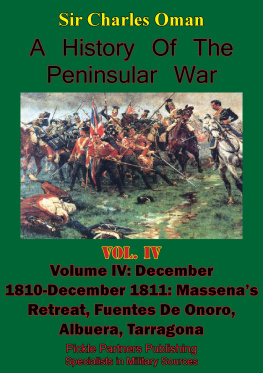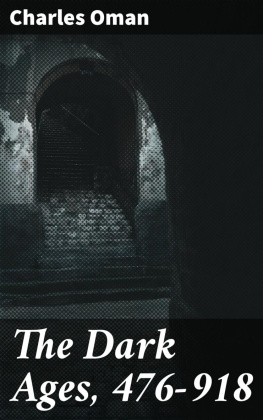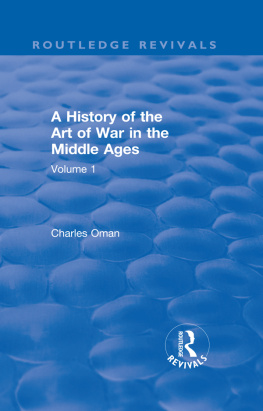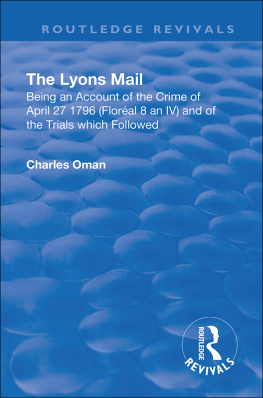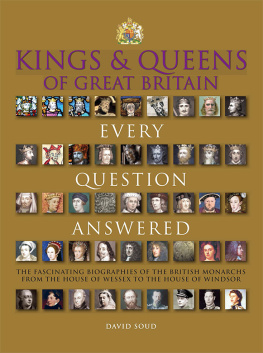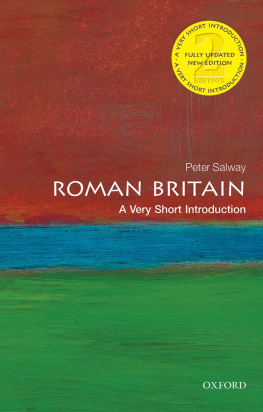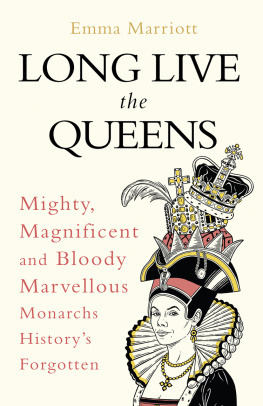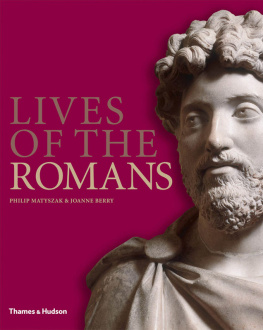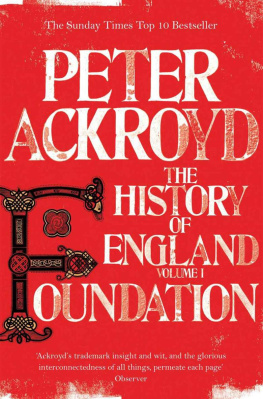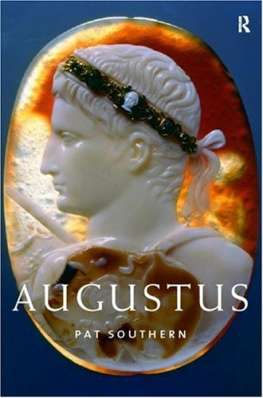THE LATER DAYS OF THE ROMAN REPUBLIC
..................
THERE WAS A TIME, NOT so very long ago, when the taunt was true that history was written as if it were a mere string of anecdotal biographies of great men. But for the last forty years the pendulum has been swinging so much in the other direction, that it has become necessary to enforce the lesson that the biographies of great men are, after all, a most important part of history. It is well to have conceptions of the streams of tendency and the typical developments of every age, but the blessed word evolution will not account for everything, and it is absurd to neglect the influence of the great personalities.
Roman history in particular has been so much treated of late years as a mere example of constitutional growth and degeneration, or as a bundle of interesting administrative and legal details, that it seems not out of place to recall that other aspect of it which was more familiar to elder generations, and to look at it for a moment from the personal and biographical point of view, with Plutarch before us as well as Mommsen and Marquardts Stoatsrecht and Staatsverwaltung.
This is all the more rational because in the last century of the Roman Republic we find ourselves in a time of dominating personalities. In Romes earlier days this was conspicuously not the case, and her history was (as has been truly said) the history of great achievements done by men who were themselves not great. But from the Gracchi onward we come to a period in which individuals make and mar the course of the times, when the doings of a Sulla and a Caesar, or even of a Marius and a Pompey, form the main determining element in the history of the day.
From the end of the Second Punic War down to the time of the Gracchi, Roman history is very monotonous and uninteresting to the reader. It is little more than the record of the haphazard building up of an empire, by the unintentional and unsystematic conquest of various disconnected districts round the Mediterranean. The wars are uninteresting, because they are waged by men who are little more than names to us; the commander, be he a Plamininus or a Mummius, disappears from the historical stage when his consulship is over, and is lost to view once more in the ranks of an impersonal senate. Even the younger Scipio Africanus, who has to serve as a hero in these times for want of a better, soon palls upon us; he stays in our mind only as a vague impersonation of civic virtue and somewhat cold-blooded moderation.
After B.C. 133 all is different; at last we have living, interesting, individual men to deal with; the names of Tiberius Gracchus, or Sulla, or Caesar are not remembered merely as connected with files of laws or lists of battles. At the same time both the internal and the external history of Rome becomes of absorbing interest. Externally the question arises whether the sporadic and ill-compacted empire built up in the last hundred years shall endure, or whether it shall be swept away by the brute force of the Cimbri and Teutons, or carved in two by Mithradates. Looking at the growing imbecility of Roman generals in that day, and the growing deterioration of Roman armies, it is not too much to say that, but for the intervention of two great personalities, the Roman Empire might have been swept away. If Marius had not appeared, a few more generals like Mallius and Caepio would have let the Cimbri and Teutons into Central Italy, and the exploits of Alaric in A.D. 410 might have been perpetrated by his remote ancestors. Similarly, but for Sulla the Nearer East might perchance have passed back, seven hundred years before the appointed time, into the hands of Oriental rulers, and have shared the fate which overtook Hellenistic Babylon and Bactria, by losing its touch with Western civilization under a dynasty almost as thinly veneered with Greek culture as the Parthian Arsacidae or the Bactrian Scyths.
Internally the problems of Roman history during this period are quite as interesting. While the imperial city was fighting abroad, to maintain her existence and her suzerainty over the whole Mediterranean basin, she was being torn at home by a great constitutional struggle which pierced to the very roots of her being. This was the problem of determining with whom should reside for the future sovereignty, in the technical sense of the word, i.e. the actual supreme voice in the administration and law-making of the City and the Empire.
For the last two centuries there had existed a practical compromise between the theoretical omnipotence of the Public Assembly and the actual conduct of affairs by the Senate. This compromise was no longer possible, because Rome had developed from a city-state into an imperial state. Neither the Comitia nor the Senate was really competent to rule the new empire which they had acquired. If there was anything more preposterous than the theory of the Optimates (I mean that the government of the Roman world should be conducted by a small ring of narrow-minded noble families), it was certainly the opposite theory of the Democratsthat the mixed multitude of paupers and aliens into which the Comitia was fast degenerating, should supersede the senatorial oligarchy as administrators of the Empire, Complicated with this great constitutional question, as to where sovereignty should reside at Rome, were a number of social and economic questions, arising from the fact that the new commercial conditions of the Mediterranean world, which followed from the Roman conquests, were bringing about the ruin of the old farmer class which had for so many centuries formed the backbone of the state.
The details of the sporadic and never-ending wars in Spain, Macedonia, and the Hellenic East, which cover the period B.C. 200-140, hide the unwritten history of the most important changes in the social and economic conditions of Italy. In B.C. 200 Rome was still in the main a city-state of the old type, though she had already begun to acquire important transmarine domains. She was still a self-supporting agricultural community, feeding herself on home-grown corn. Moreover, she might still be described as a narrow-minded purely Italian town, little affected as yet, either in blood or in thought, by external influences. The elder Cato, with all his hard practical common sense, his stolidity, his passion for the life of the farm, and his contempt for the foreigner, was the typical Roman of that generation. By the last years of his old age he had seen a new world grow up, and complained that he was living in a city which he no longer understood.
For by B.C. 140 Rome was transformed. She was indubitably an imperial state, though she tried to shirk as long as possible the responsibilities of empire. Her population was no longer mainly a race of farmers dwelling on their own narrow acres; it was rapidly becoming divorced from the soil, and degenerating into a city-bred proletariat fed from abroad. Above all, Rome had to a large extent become cosmopolitan, having absorbed much Greek, or rather Greco-Asiatic, culture and philosophy, and still more of Hellenistic luxury and demoralization. The very blood of the people was getting largely diluted with a foreign strain, owing to the wholesale manumission of slaves.


